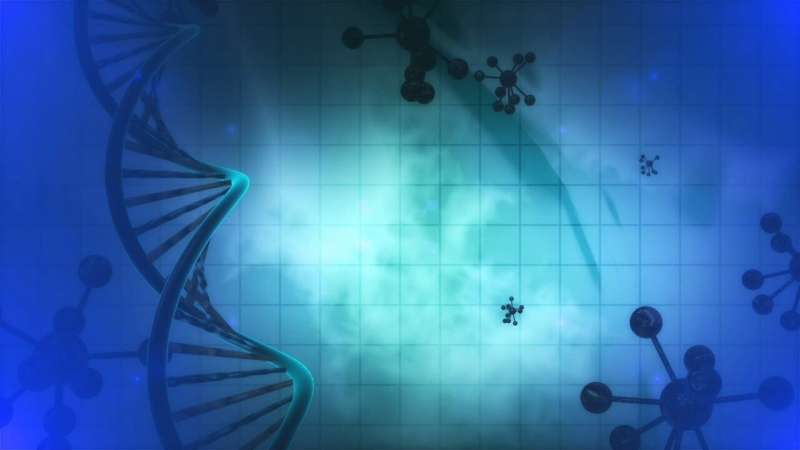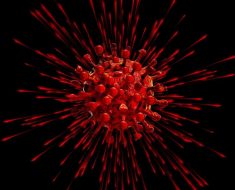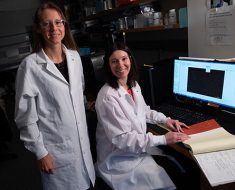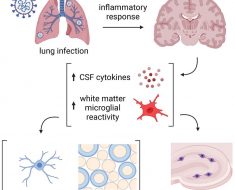
Hemorrhoids, also called piles, affect a large portion of the population, for reasons that have mostly remained unknown.
Now an international study which investigated the DNA of nearly 1 million people has identified some likely causes.
Found at the very end of the digestive tract, hemorrhoids are blood filled cushions, but when they swell they cause pain, itching and sometimes bleeding, limiting everyday activities. While most people suffering from hemorrhoids find the symptoms can be resolved with over-the-counter treatments, more severe forms of hemorrhoids require surgical treatment.
Many factors have been proposed that render people at risk of developing hemorrhoids, including a sedentary lifestyle, obesity, reduced dietary fiber intake, spending excess time on the toilet or straining during defecation, and strenuous lifting. But little thought had been granted to whether people might be genetically predisposed to hemorrhoids.
“Our research, for the first time, analyzed the genetic make-up of almost 1 million people through a worldwide collaboration, and provides important insights in understanding hemorrhoidal disease,” Dr. Tenghao Zheng, a lead author and research fellow at Monash University’s School of Biological Sciences, said.
The researchers studied millions of DNA changes in the genome of 218,920 patients and 725,213 healthy people of European ancestry from biobanks and population-based cohorts. 102 novel genomic regions were identified that are risk of hemorrhoidal disease. They discovered these genes are primarily expressed in blood vessels and gastrointestinal tissues, and collectively involved in controlling smooth muscle function and the development and integrity of epithelial and endothelial structures in the gut.
Dr. Zheng explains, “Our study led us to conlude that hemorrhoidal disease results from smooth muscle, epithelial and connective tissue dysfunction.”
The study was part of a global effort, coordinated by Professor Andre Franke at IKMB in Kiel Germany and Professor Mauro D’Amato at CIC bioGUNE in Bilbao Spain (also Adjunct Professor at Monash University).
“Our results point to the involvement of a few biological processes and pathways in hemorrhoidal disease, and this may help in finding alternative treatment options targeting those pathways,” Professor D’Amato said.
Source: Read Full Article





